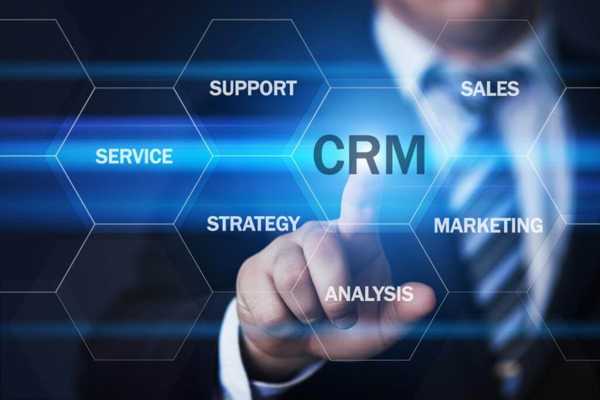Property management software systems are sophisticated applications developed to facilitate seamless management of daily operations for businesses. These indispensable tools cover a wide range of activities that include, but are not limited to, the organization and scheduling of tasks, occupancy monitoring, and the management of financial accounts.

As companies aim to reduce their dependency on multitasking human workers, which can often result in errors, there has been a significant rise in the adoption of automated solutions. Property management software serves as a centralized, online system that streamlines the automation of workforce operations. This enhancement not only improves operational efficiency but also refines the process of information recording and usage, thus easing the complexity of task management.
Guidelines for Selecting the Optimal Property Management Software
Selecting the most suitable property management software requires careful consideration of various factors to ensure it fulfills individual business needs effectively.
Identifying Specific Requirements
Prior to making substantial financial investments in property management tools—which encompass purchase costs, installation, and integration—a business must assess its specific needs thoroughly. This determination can be accomplished by engaging in a series of insightful and focused questions. Such inquiries should clarify what is expected from the software, whether it capabilities related to leasing and rent management, financial tracking, or maintenance oversight. Furthermore, companies should determine if their focal point is residential or commercial properties while also considering scalability requirements. Once these critical aspects are clearly defined and matched with an appropriate software tool, businesses can move forward with investments, assured that the choice will proficiently streamline diverse operational tasks.
Evaluating Data Security and Privacy Attributes
One of the fundamental driving forces behind adopting property management systems is their ability to bolster data protection strategies. This software offers a level of security that surpasses traditional manual safeguards. In property management, handling sensitive data such as maintenance records, tenant information, and financial details is routine. Hence, it is vital for data protection features to be inclusive of strong encryption methods and regular data backups to prevent breaches and data loss. Additionally, these tools must incorporate multi-factor authentication measures to enhance security and apply context-specific data protection methods that fortify both corporate and customer-related data. The top-tier property management software solutions provide organizations and their clients with potent data protection and rigorous access control measures.
Ensuring Swift Invoice Processing and Effective Billing Solutions
In sectors such as hospitality, property management systems are extensively utilized due to their efficacy. Hotels, dealing with a high-frequency client turnover, burden front-desk staff with tasks such as invoicing and payment collection, which fosters potential for errors and missed deadlines. However, these software solutions adeptly handle these responsibilities. A crucial feature to be prioritized in a property management system is an intuitive interface that facilitates seamless invoice management and billing. Should a complicated interface result in inefficiencies and unnecessary delays, reassessment of purchasing decisions becomes essential.
Prioritizing Easy Implementation and User-Centric Design
Businesses tend to gravitate towards software solutions that are swift to implement and swiftly become operational. Lengthy installation and integration processes, particularly when coordinating with existing infrastructures, can be cumbersome. Ideally, software should present an intuitive design to promote efficient use across various departments, such as housekeeping, front desk operations, etc. When property management systems operate without a hitch, they substantially enhance productivity levels within an organization.
Key Features of Property Management Software Tools
Property management software is equipped with an array of features that render them indispensably valuable across many business sectors.
Administering Rental Payments
The software includes features designed for meticulous tracking and management of rental payments, enabling business owners to effectively oversee both incoming and outgoing rental commitments as well as tenant debts.
Enhancing Customer Service
Property management systems prove invaluable for keeping tabs on crucial dates, such as lease renewals and rent due dates, aiding in the proficient management of customer interactions and communication.
Accounting and Bookkeeping Efficacy
Sustaining effective financial management is an essential component of business success, and property management software simplifies these responsibilities. These systems maintain accurate financial records, generate ledgers and balance sheets, and facilitate various financial operations with ease and precision.
Cost Considerations for Developing Customized Commercial Property Management Software
While unexpected expenses may arise, the development of a custom property management software typically incurs costs ranging from $40,000 to $250,000. Cost determinants include the quality of the UI/UX design, the specifics of features provided, the underlying technology framework, and the geographical location of the development team.
Leading Property Management Software Solutions
There is an array of widely utilized tools in the industry, such as Rent Manager, Guesty, Rentec Direct, PayHOA, TenantCloud, and Buildium. These tools are adept at managing short-term rentals, facilitating effective rent collection, managing tenant information, and overseeing comprehensive property maintenance tasks.





